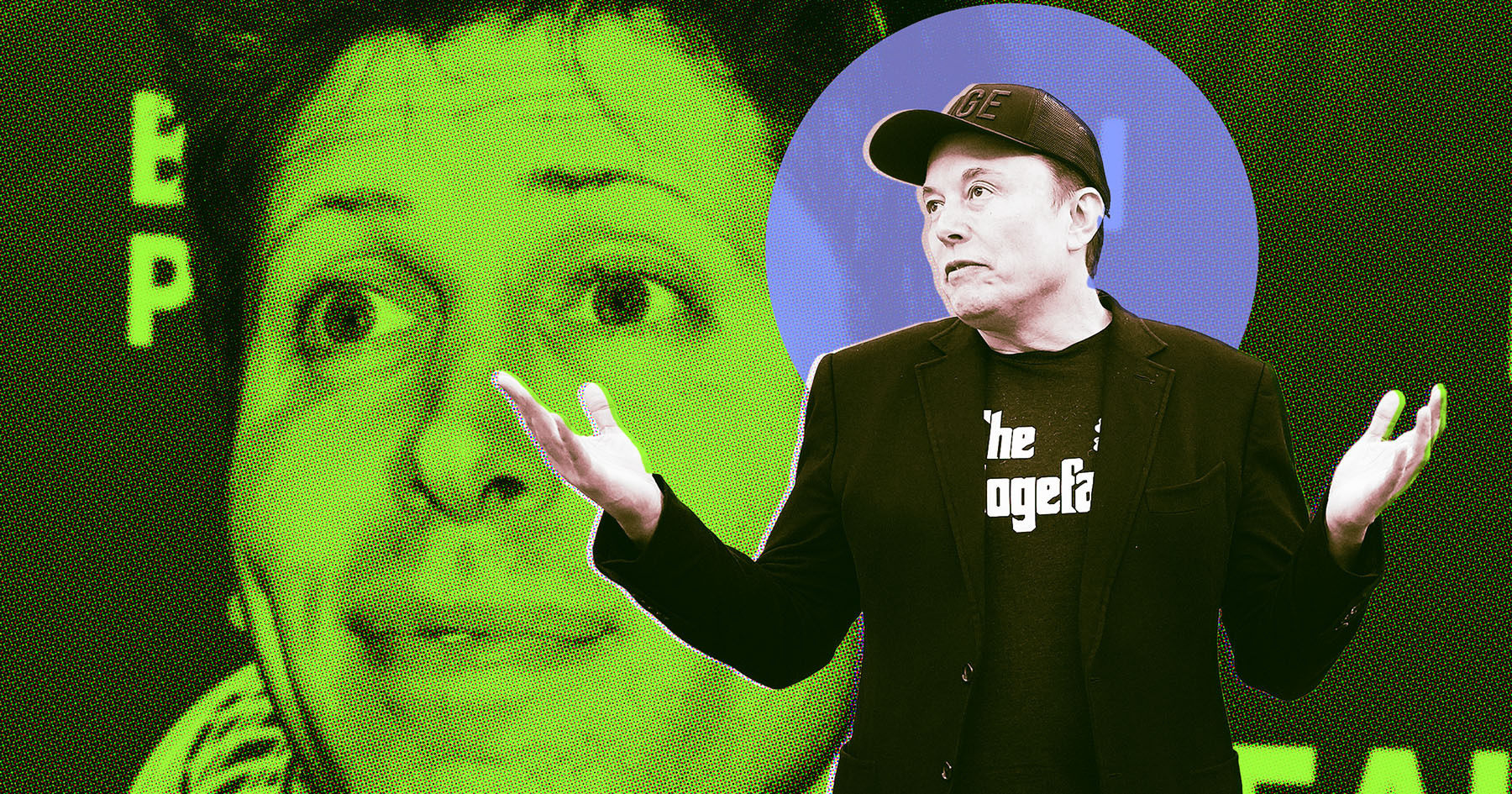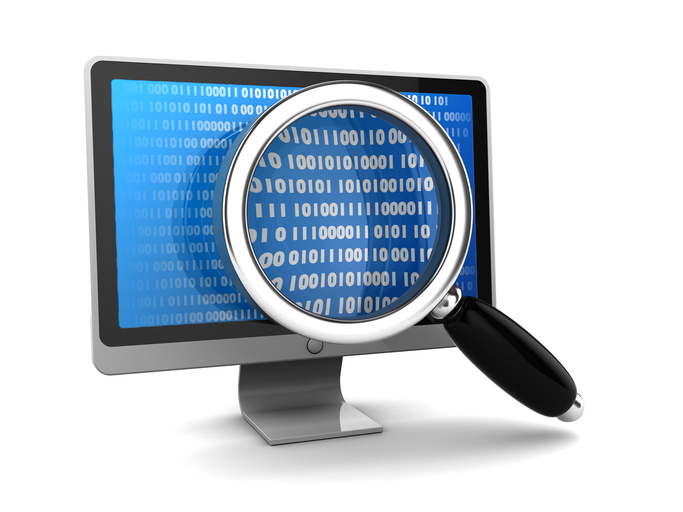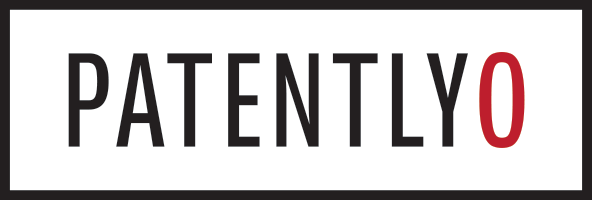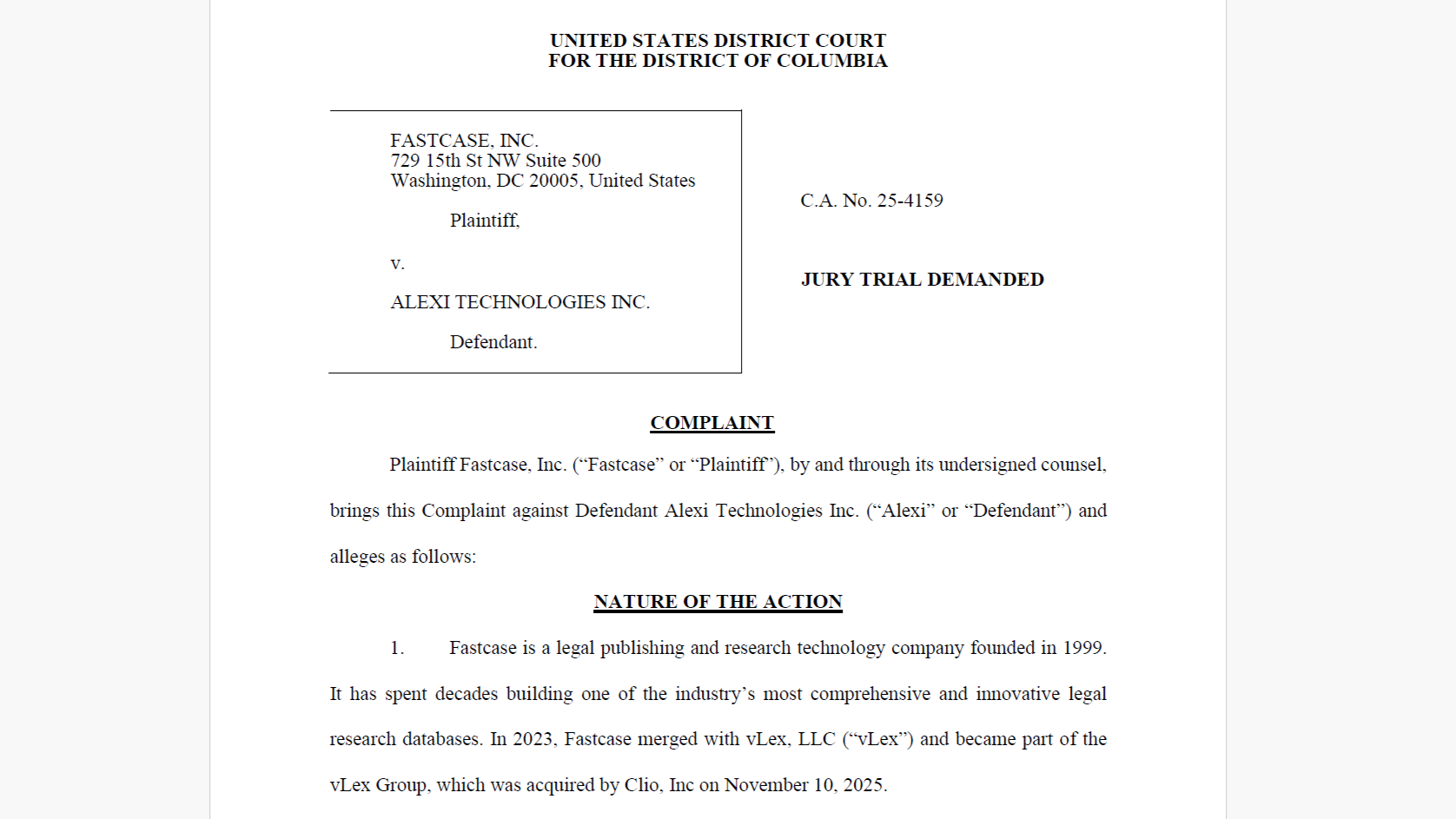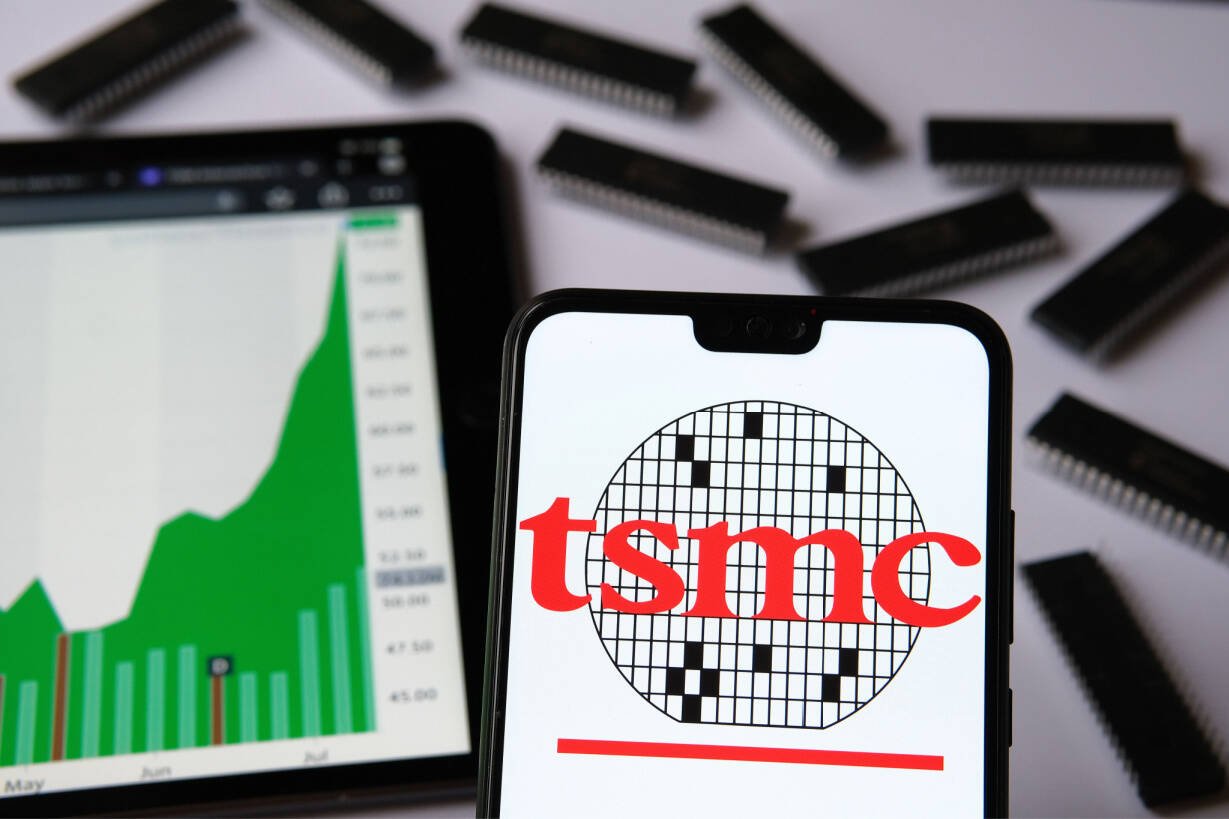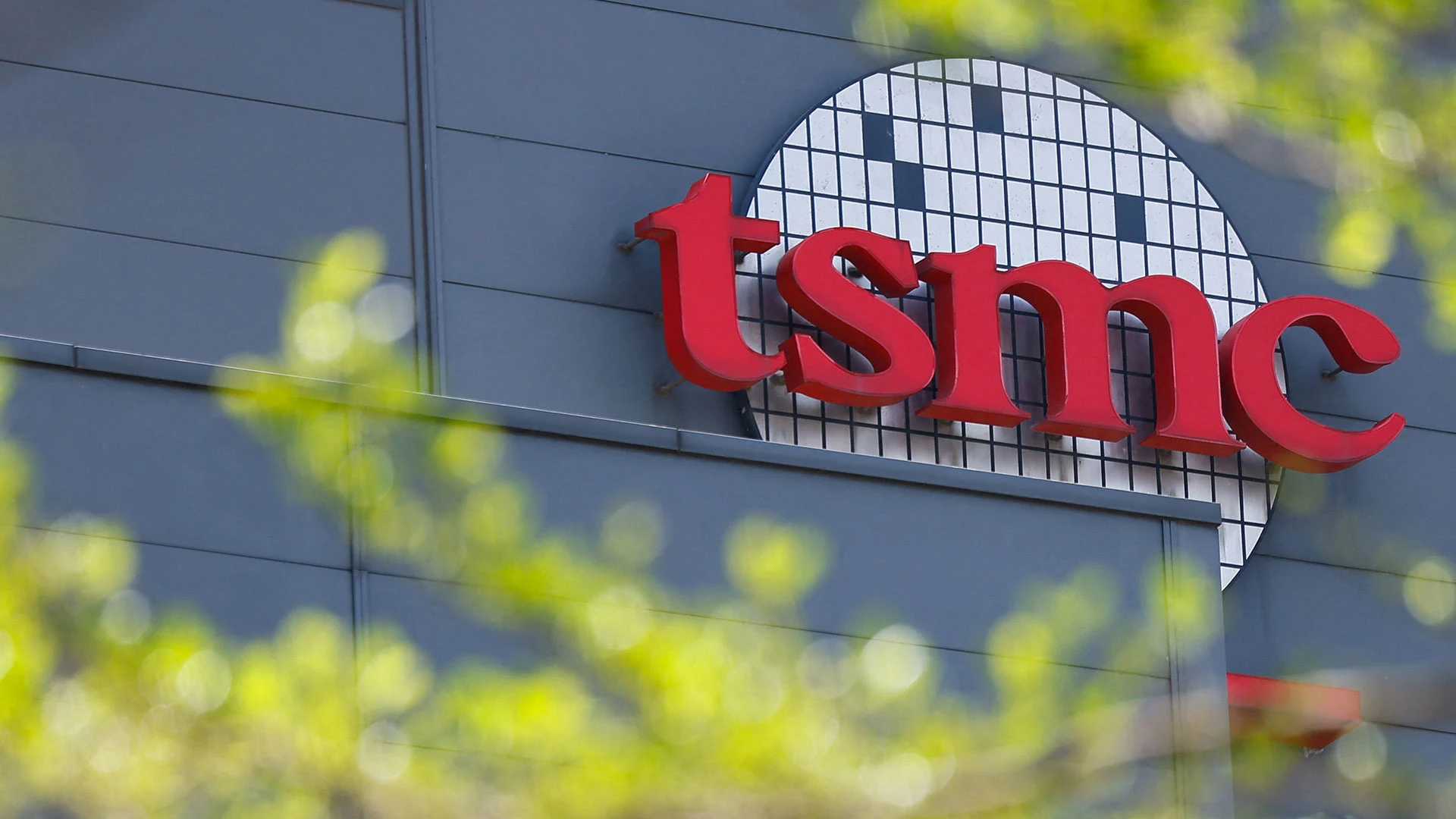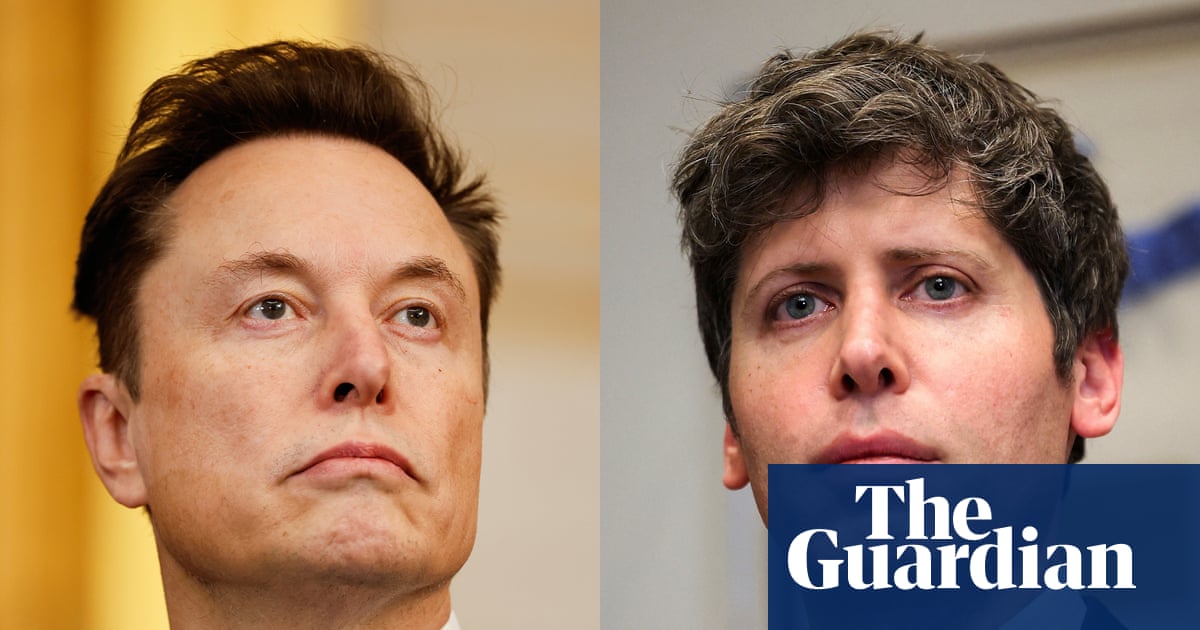#trade-secrets
#trade-secrets
[ follow ]
fromTheregister
5 days agoEx-Google engineers accused of swiping chip security secrets
Two former Google engineers and a third alleged accomplice are facing federal charges after prosecutors accused them of swiping sensitive chip and security technology secrets and then trying to cover their tracks when the scheme began to unravel. According to the Department of Justice, sisters Samaneh and Soroor Ghandali, both former Google employees, along with Mohammadjavad Khosravi, who worked at another unnamed technology company, have been charged with conspiracy, theft of trade secrets, and obstruction of justice.
Information security
Intellectual property law
fromIPWatchdog.com | Patents & Intellectual Property Law
4 weeks agoCAFC Affirms District Court's Ruling That Trade Secrets Were Not Sufficiently Identified Under Statute
CAFC affirmed that APT failed to adequately identify trade secrets under DTSA and UUTSA, upholding summary judgment for MarketDial.
fromPatently-O
4 weeks agoNo Do-Over: Trade Secret Plaintiffs Must Crystallize Their Theory by Summary Judgment
Applied Predictive Technologies, Inc. v. MarketDial, Inc., No. 24-1751 (Fed. Cir. Jan. 28, 2026) (nonprecedential). This is a reality of trade secret litigation today - plaintiffs must explain the bounds of their alleged trade secrets both with clarity and supporting evidence showing that the specific information derives independent economic value from not being generally known or readily ascertainable by proper means.
Intellectual property law
fromGlobal IP & Technology Law Blog
1 month agoProtecting Your Trade Secrets in 2026 to Outlast Your Diet, Your Gym Membership, and Even Your Willpower!
January: the season of fresh starts-when we swear we'll finally hit the gym, drink more water, and unearth last year's journal from beneath a mountain of good intentions. Maybe, just maybe, we'll put down our phones long enough to soak up some actual daylight. In the business world, January offers the perfect opportunity for a different kind of resolution: the one that keeps your competitors from getting their hands on your secret sauce or eggnog recipe (or any other trade secret) all year long.
Intellectual property law
Intellectual property law
fromIPWatchdog.com | Patents & Intellectual Property Law
2 months agoCAFC Says Design, Development Knowledge Not Sufficiently Defined in Alleged Self-Inflating Tire Trade Secrets
Federal Circuit affirmed JMOL for Goodyear, rejecting Coda's trade secret and inventorship claims for lack of particularity and public disclosure.
Intellectual property law
fromIPWatchdog.com | Patents & Intellectual Property Law
3 months agoAI, IP and Data Risk: Responsibly Adopting AI While Safeguarding IP | IPWatchdog Unleashed
Organizations must enable safe, governed AI use by employees to boost productivity while protecting intellectual property, trade secrets, and data security.
fromBusiness Insider
3 months agoThe trade secrets legal battle between Carlyle-backed Yipit and Jefferies-owned M Science is over
The lawsuits, which centered on claims that two employees stole trade secrets from one rival and passed them on to another, rocked the alternative data world. These firms have grown in scale and revenue as hedge funds and asset managers use their datasets to find differentiated intel to inform bets. Yet, it remains a relatively small industry where everyone knows everyone.
Business
Intellectual property law
fromGlobal IP & Technology Law Blog
3 months agoTWO NONNAS, ONE SECRET SAUCE: Who Stirred The Pot, Who Spilled The Beans, And How To Protect Your Trade Secrets From Walking Out With The Leftovers (Sorry, Cousin Tony!)
Employees and trusted insiders pose the greatest risk to trade secret leakage, analogous to grandchildren unintentionally exposing a family recipe.
fromTechzine Global
3 months agoNetApp sues former CTO for alleged data breach
NetApp has filed a federal lawsuit against former Chief Technology Officer Jón Thorgrímur Stefánsson. The company alleges that during his employment, he used confidential information to establish a competing startup, which was acquired by rival VAST Data shortly after his departure. According to NetApp, the fact that VAST Data bought the startup Red Stapler shortly after its founding does not change the fact that VAST is not accused of involvement. The claims focus exclusively on the actions of Stefánsson and a few former colleagues.
Intellectual property law
fromThe Mercury News
3 months ago'Top Secret' files among those allegedly misappropriated by software engineer losing job at Santa Clara chip giant Intel
Eight days before his employment was to end, Luo allegedly hooked up an external hard drive to his Intel laptop, but when he tried to download a file, the company's internal controls blocked the transfer, the lawsuit claimed. Five days later, the lawsuit alleged, Luo deployed a different technology, a more sophisticated gadget that resembles a small computer server, called a network storage device.
US news
fromwww.mercurynews.com
3 months agoTop Secret' files among those allegedly misappropriated by software engineer losing job at Santa Clara chip giant Intel
Eight days before his employment was to end, Luo allegedly hooked up an external hard drive to his Intel laptop, but when he tried to download a file, the company's internal controls blocked the transfer, the lawsuit claimed. Five days later, the lawsuit alleged, Luo deployed a different technology, a more sophisticated gadget that resembles a small computer server, called a network storage device.
Silicon Valley
fromwww.housingwire.com
3 months agoNEXA expands lawsuit against former employee
NEXA claims the group used confidential information from its internal Mortgage Academy training program to benefit Platinum One Lending, a Michigan-based competitor in which Grella holds an ownership interest. NEXA also accuses Grella and Platinum One of encouraging Wake's breaches and working with her to recruit NEXA's staff to harm the company. The company calls this a civil conspiracy. The amendment builds upon the May 2025 filing.
Intellectual property law
Intellectual property law
fromIPWatchdog.com | Patents & Intellectual Property Law
4 months agoPleasrDAO v. Shkreli Provides a Roadmap to Protect Artistic Works Through Trade Secret Protection
Trade secret protection can apply to unique artistic works when exclusivity-based business models create independent economic value from secrecy.
fromIPWatchdog.com | Patents & Intellectual Property Law
4 months agoThird Circuit Narrows Scope of CFAA and DTSA Claims Against Former Employees
Congress enacted the CFAA in 1986 as a criminal law statute in response to the nascent issue of computer "hacking." 18 U.S.C. § 1030. The private cause of action was added a decade later. The Act prohibits unauthorized access or access that exceeds authorized access to computers. The CFAA defines "exceeds authorized access" as accessing "a computer with authorization and [using] such access to obtain . . . information in the computer that the accesser is not entitled to obtain," while leaving "unauthorized access" undefined.
Intellectual property law
Artificial intelligence
fromBusiness Insider
5 months agoThe billion-dollar rivalry over 'ChatGPT for doctors' just got nastier with dueling lawsuits
Two major healthcare AI companies, Doximity and OpenEvidence, are engaged in escalating lawsuits over alleged impersonation, prompt-injection attacks, trade-secret theft, and reputational harm.
Intellectual property law
fromPatently-O
5 months agoGenetic Patents Catch-22: Can Challenging a Patent Requires Risking Infringement?
PTAB denied Inari's PGR obviousness challenge because Inari did not sequence the deposited seed, forcing challengers to risk infringement to obtain defining genetic data.
Intellectual property law
fromIPWatchdog.com | Patents & Intellectual Property Law
9 months agoNinth Circuit Says Group of Chinese Companies Indicted for Trade Secret Theft Failed Foreign Sovereign Immunity Test
Chinese companies cannot claim foreign sovereign immunity in U.S. court for economic espionage involving stolen trade secrets.
Ninth Circuit reinforces that ownership by a foreign state doesn't grant immunity under federal law.
Intellectual property law
fromGlobal IP & Technology Law Blog
10 months agoFederal Circuit Upholds Major Trade Secrets and Contract Damages Award in Dispute Stemming from Failed Merger Talks
Breach of confidentiality agreements can lead to significant legal risks and financial damages in cases involving trade secrets.
[ Load more ]

